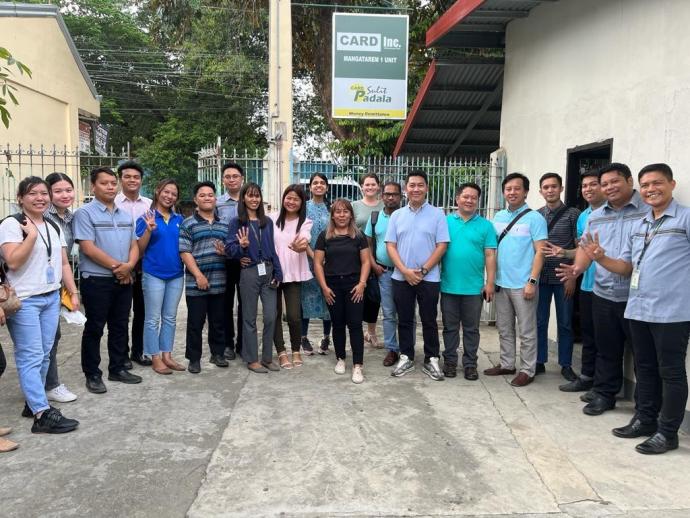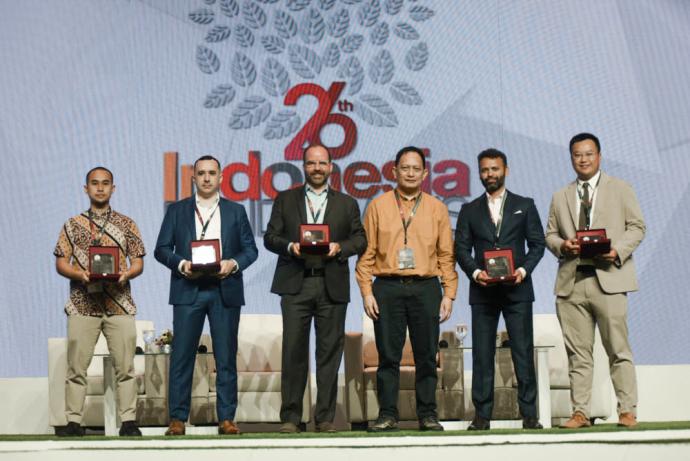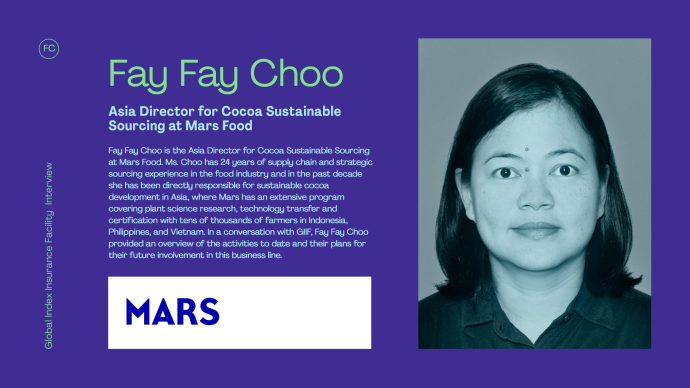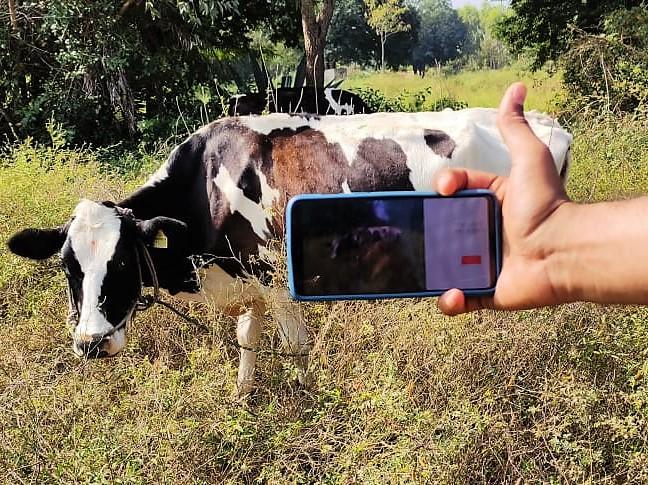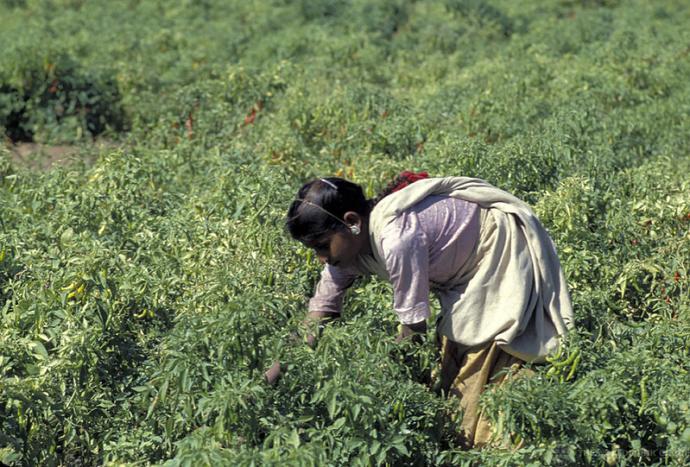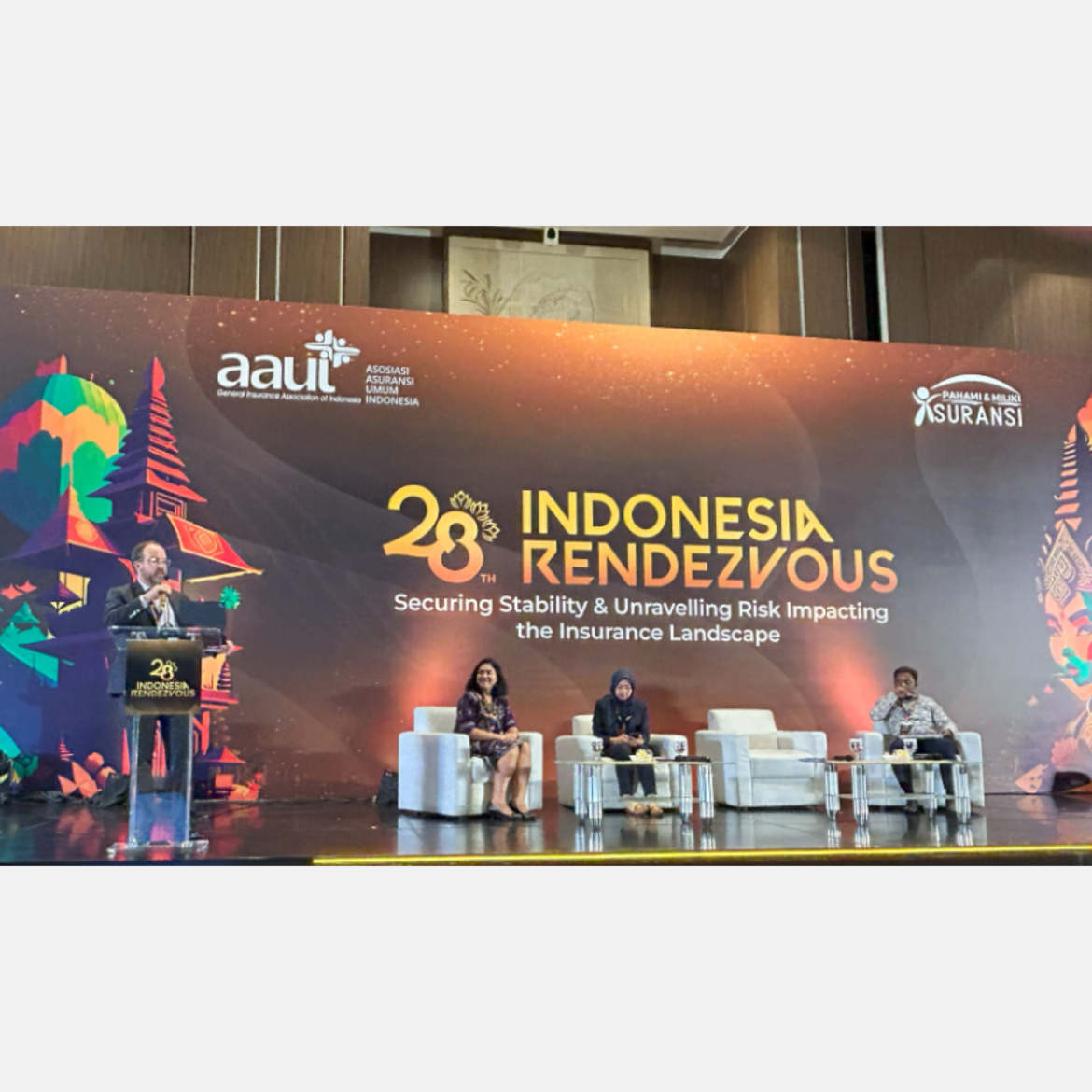
9
Oct
The 28th Indonesia Rendezvous, held from October 9-12 in Bali, brought together leading voices in Indonesia’s insurance sector to address the dynamic challenges and opportunities facing the industry today. Building on the foundation laid at the 26th Rendezvous, where discussions focused on “Recover Together, Recover Stronger” in alignment with Indonesia’s G20 Presidency, this year’s event took a step forward in exploring deeper aspects of climate resilience, regulatory collaboration, and innovative capital strategies under the theme, “Securing Stability & Unraveling Risk Impacting the

